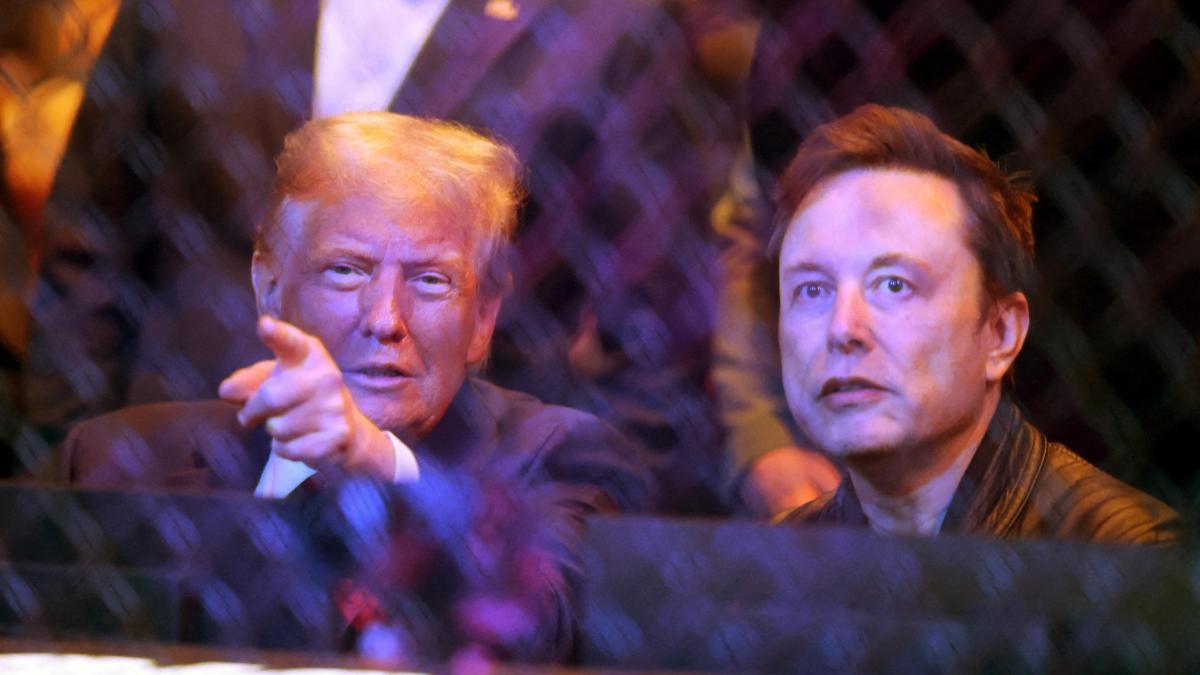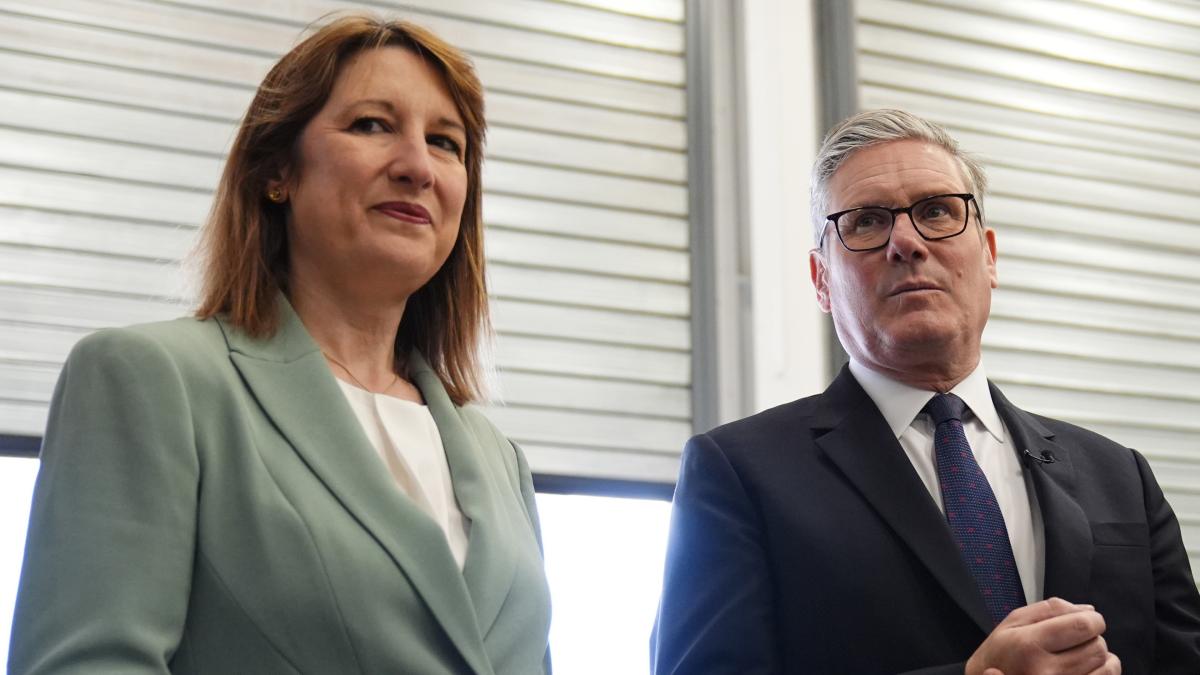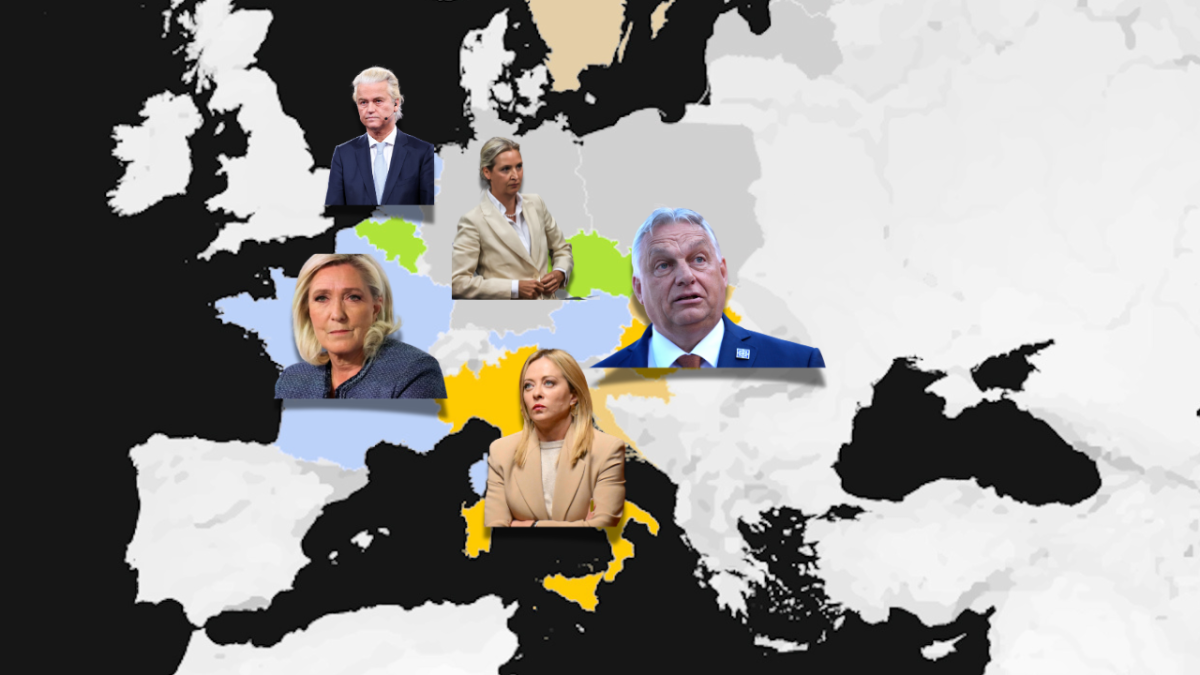Under Trump’s Influence: How Elon Musk is Shaping Future Government Plans
In the shadow of Donald Trump’s influential leadership, Elon Musk has ascended to a formidable role at Mar-a-Lago, Trump’s palatial estate and the headquarters for his transition team. Here, Musk is leveraging his significant financial backing to establish his foothold in the upcoming administration, positioning himself as a linchpin for the crafting of Trump’s future cabinet. Self-proclaiming the title of the “first friend” of the president-elect, Musk signals his evolving allegiance within Trump’s inner circle. Such a distinction paints Musk as a key confidant, with Trump’s granddaughter, Kai Trump, dubbing him as reaching “uncle status” — a gesture reinforcing Musk’s burgeoning familial ties with the Trump dynasty, as observed in a recent post on social media platform X where the pair posed for a photo on the golf course.
The alliance deepened just last week when Musk accompanied Trump to Washington for a cameo at the White House; he was also a familiar face at a high-profile UFC event in New York City. Beyond social appearances, Musk’s role has extended to international affairs, reportedly engaging with leaders such as Volodymyr Zelensky, and attending pivotal events at the think tank America First Policy Institute—a hub for Trump’s policies—where Trump humorously lamented, “I can’t get him out of here.” This camaraderie mirrors a strategic partnership that aims for influence over large-scale decision-making.
However, the dynamics within Trump’s circle do not come without contention. Musk’s presence alongside Trump has sparked tension, particularly with other advisors like Boris Epshteyn, who is best known for orchestrating Trump’s legal defenses amidst his ongoing criminal charges. Musk was embroiled in a “huge” argument with Epshteyn concerning nominations for the Department of Justice, igniting concerns over perceived favoritism and potential conflicts of interest that could arise when Trump assumes office on January 20. As tension brewed, Musk critiqued Epshteyn for his significant influence over appointments, such as Congressman Matt Gaetz for attorney general—an endorsement that raises eyebrows due to Gaetz’s history of scandal concerning sex trafficking allegations.
Axios reported on the explosive disagreement, painting a picture of frayed alliances in an environment where the quest for power often leads to clashes. Trump has boldly stated his intentions to commandeer the Justice Department as a means of personal vindication against perceived adversaries, fueling the narrative that his upcoming cabinet could be heavily slanted towards retaliatory measures. The appointment of Gaetz, who enjoyed a close rapport with Trump, reflects a deeper strategy of retribution masked as governance—further complicating expectations for a smooth transition.
Musk’s Agenda: The Treasury Secretary Controversy
As the internal tussles unfold, Musk has also staked his claim over other strategic appointments, particularly eyeing the role of Treasury Secretary. After discovering Trump’s meeting with Scott Bessent, a favored Wall Street name for the position, Musk publicly denounced him on X, promulgating that “Bessent represents more of the same, while Howard Lutnick will really push for change. Following the same old formula is what is leading the United States to bankruptcy.” This not only exemplifies Musk’s boldness but underscores his ambition to mold the economic policies of a prospective Trump administration.
There’s historical precedent for such influence; cabinet selections in the U.S. have long been arenas for power plays. As Musk galvanizes support for Lutnick, a key figure in the transition team, the narrative of reform versus tradition unfurls. Several reports indicate a burgeoning conflict between Lutnick and Bessent, and the potential of Trump’s opting for a wildcard candidate could further enliven this political chess game. Names such as Kevin Warsh and Marc Rowan have emerged as contenders, capable of steering Trump’s economic objectives—chiefly some proposed tariffs that would amend the landscape of U.S. trade policy.
Musk, the mastermind behind Tesla, has vested interests in how the administration’s trade policy unfolds, particularly amid escalating tensions with China. While he may not publicly denounce Trump’s tariff plans, his endorsement of reduced tariffs by Argentine President Javier Milei hints at Musk’s desire for more favorable conditions in international trade, as expressed in a tweet showcasing Milei’s achievements.
These flashpoints of contention have garnered scrutiny, with sources revealing that within the transition, Musk has behaved as though he’s “co-president,” striving to imprint his vision distinctly on this new administration, while boasting of a staggering $120 million campaign contribution through his political action committee, alongside his visible influence on X.
As the political landscape braces for change, with provocative figures such as Musk at the helm, the melding of corporate interests and governmental policies raises critical questions. Will Musk’s ambitions align with Trump’s, or will they clash as their objectives unfold amidst a tangled web of power-hungry advisors and multifaceted agendas?














